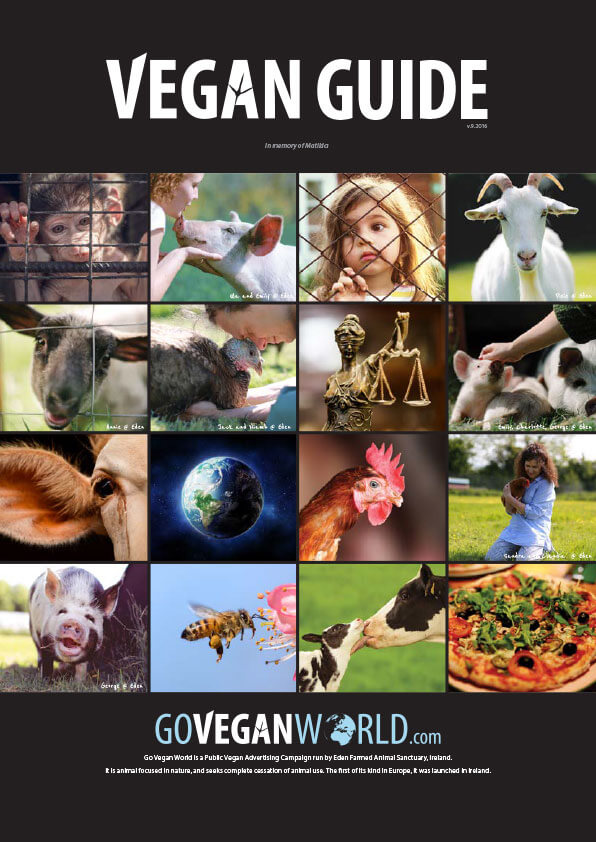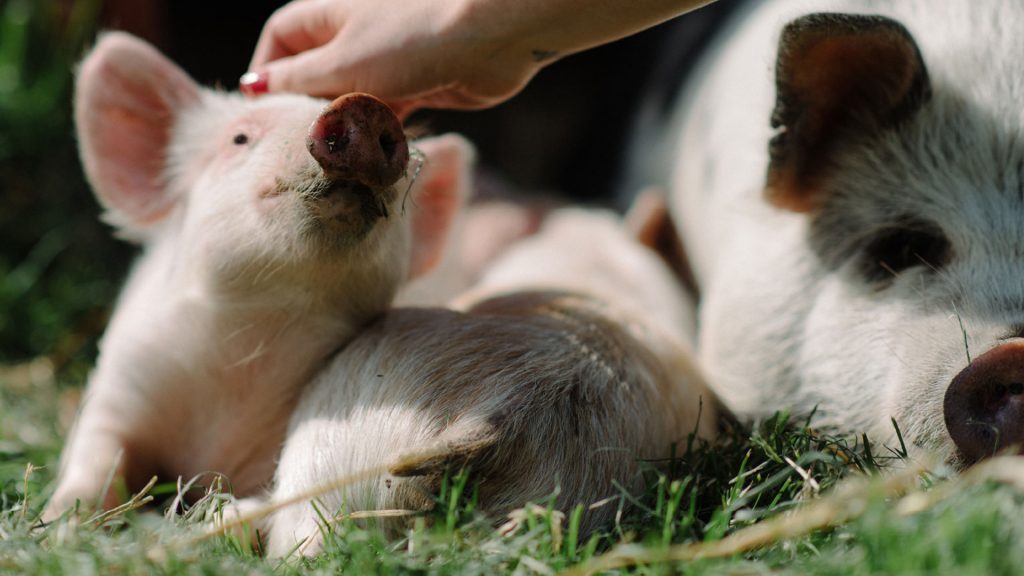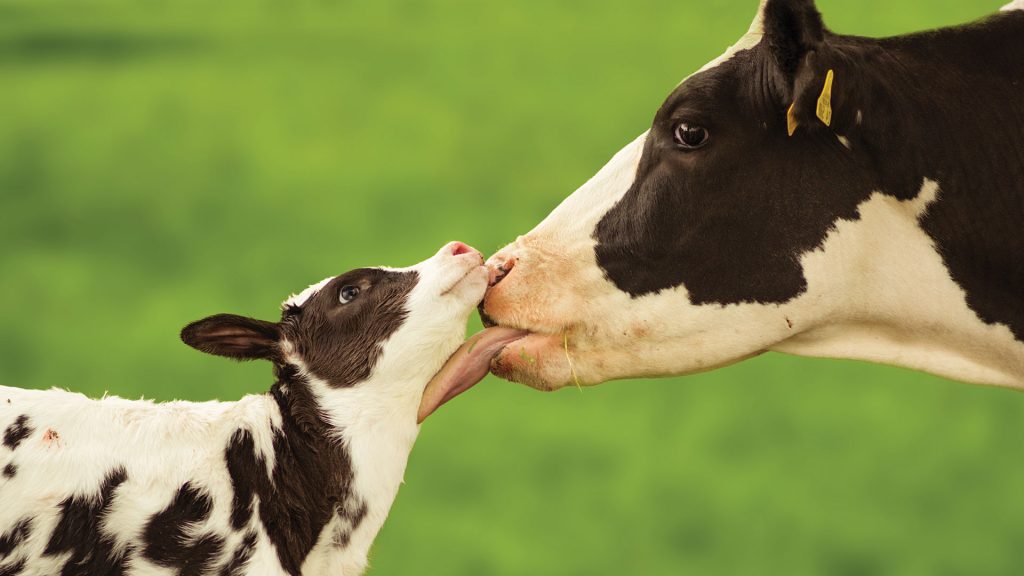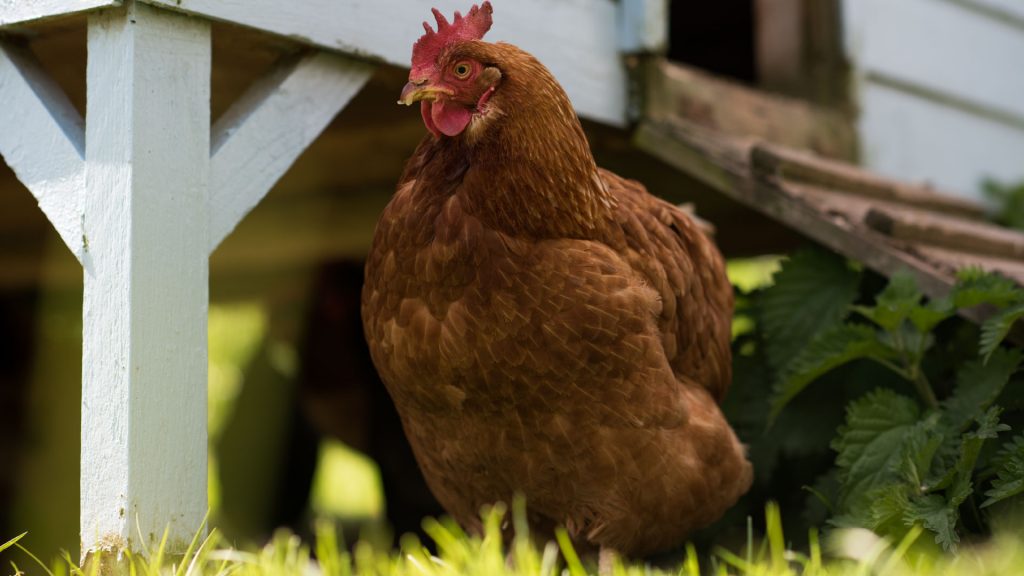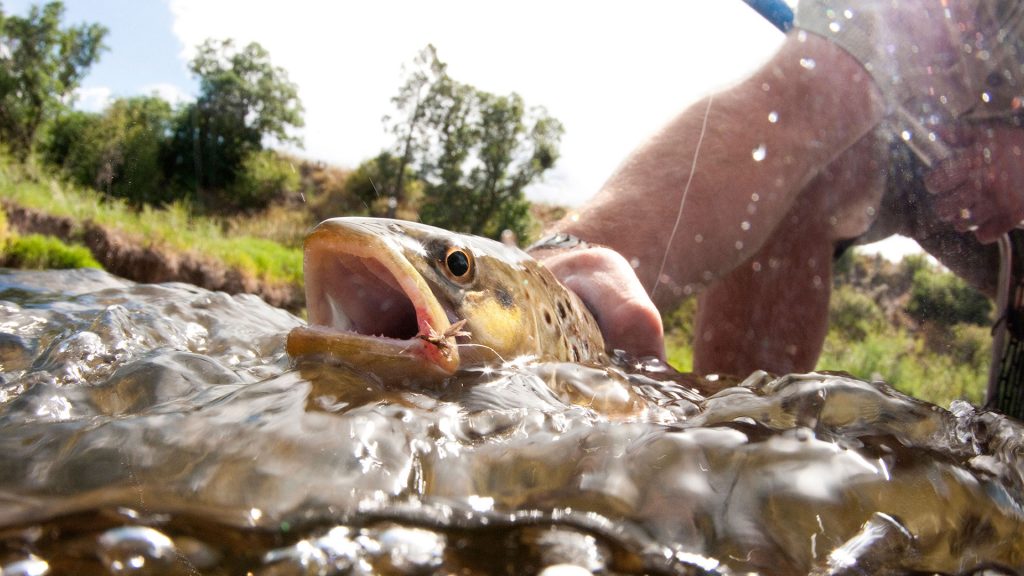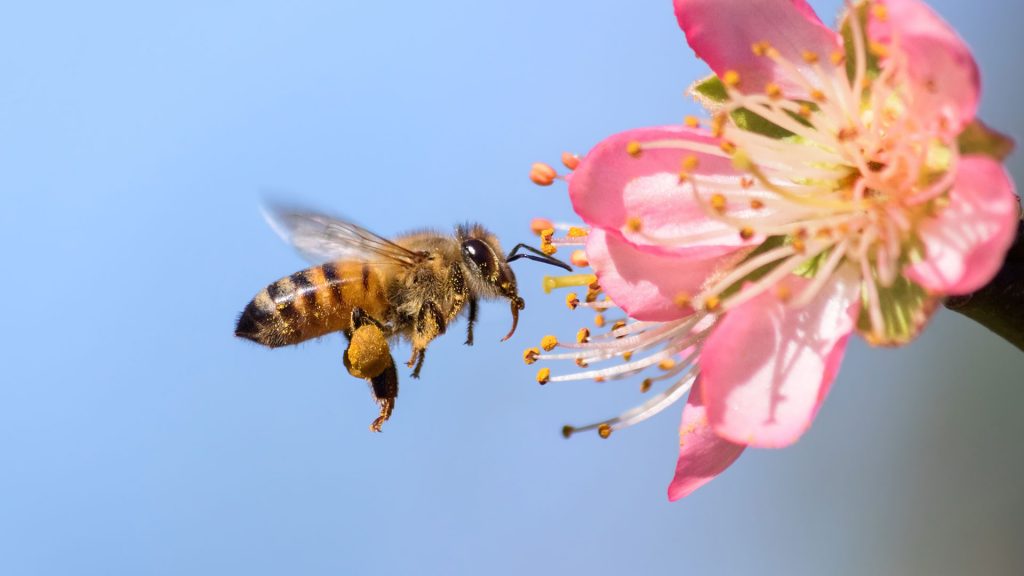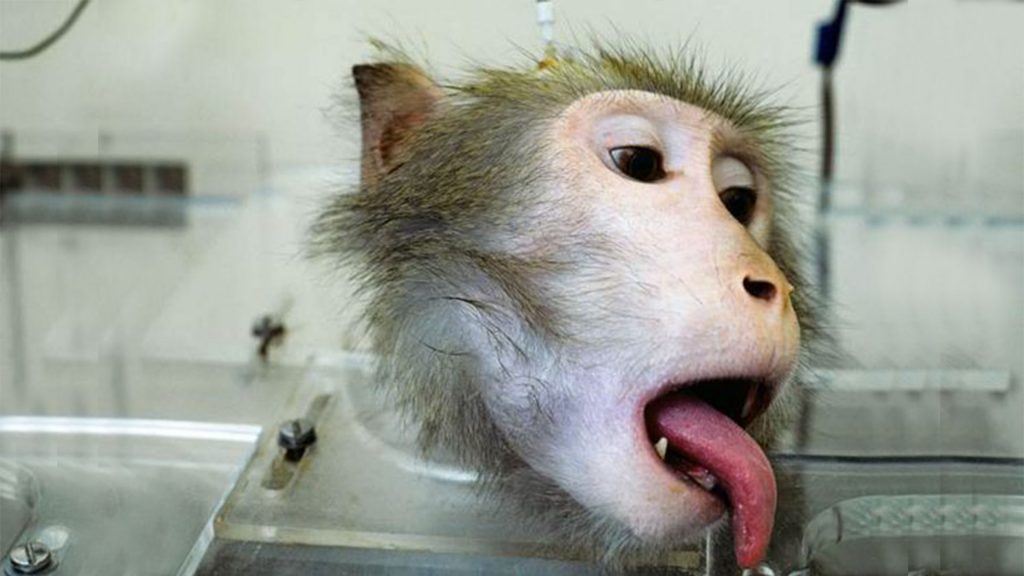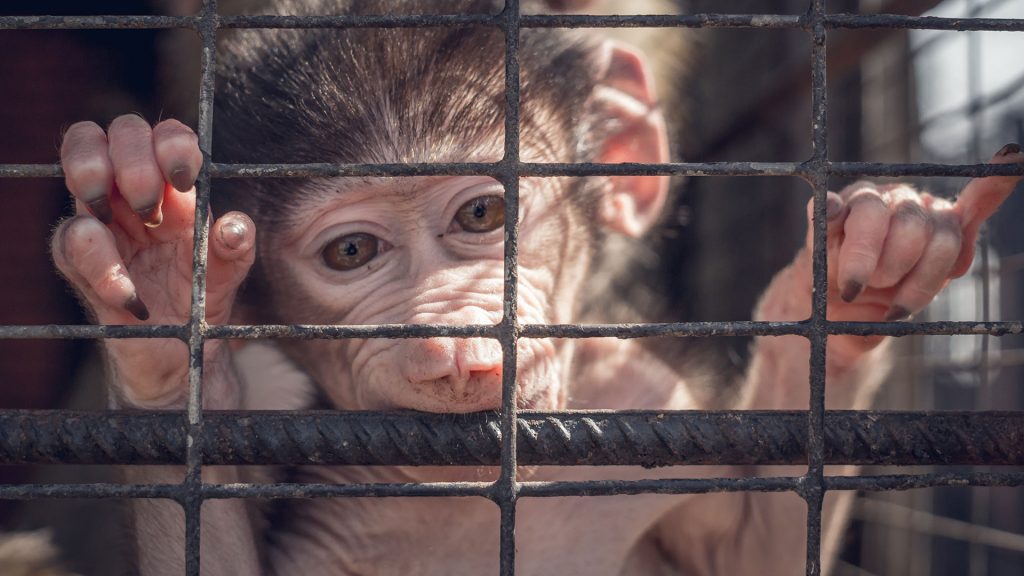The animals we use
The animals we use share our capacity for physical and psychological feelings. This is what we mean when we refer to them as sentient. They have the same senses as us and they have brains. They are conscious of themselves and their worlds. They also have interests such as an interest in not suffering, and in staying alive. Although plants are alive, they are not sentient in the way that other animals are. It is for these reasons that other animals share our fundamental rights not to be bred, owned, used, harmed or killed.
Most people accept that cats and dogs are feeling, conscious beings who want to avoid harm and stay alive. But they do not consider that sheep, pigs, cows, chickens, turkeys, fishes, rats and mice, and all the other animals we use, are also sentient.
Even though they are sentient, the animals we use are the legal property of their human owners, most of whom profit from them. This situation is legal but it is not just. Their lives and bodies are not ours and it is as unfair and unjust of us to own and use one of them because they are not human as it is to own and use another human for any reason. It is this situation in which we justify our ownership and use of them on the grounds that they are not human that is the backbone of animal rights.
Those who profit from them defend their use of them by referring to the ‘animal welfare standards’ which guide their work. Let’s be absolutely clear about what animal welfare means. It is an industry term that refers to the legal breeding of sentient animals into a life where they are deliberately killed. It refers to the minimum standards by which other animals can be owned, commodified, and exploited. It refers to standard legal practices such as hyperconfinement, mutilation, electrocution, gassing, live mincing, scalding, separating mothers from their babies, and breaking the bonds between animals who know each other. It includes taking their milk and eggs, and it includes killing them. In contrast to animal rights, animal welfare is not only irrelevant but a facade that hides the root injustice and is thus entirely complicit in their exploitation. What matters is that they are unjustly owned and that their only value is to their owner when, in reality, the value of a life matters most to the one living that life.
How they are treated is not as important as the fact that they are bred to be used and killed. However, it is important to be aware of the experiences they go through before they become the animal products we purchase. Most of the animals we use are very badly harmed during their short lives. The very best they can hope for is a life that is free of pain but completely controlled by another because of their status as the property of humans. At worst their lives are completely miserable. Each and every individual one of them loses their one and only precious life, unnecessarily, in a slaughterhouse. In fact they are brutally killed at a fraction of their natural lifespan.
Bearing Witness
It should not be necessary to know the intricacies of the cruelty we perpetrate on other animals in order to go vegan. It should be sufficient to realise that it is not morally justifiable to own or use another being. However, other animals, in their billions, endure suffering that is beyond the imagination of most people. It is important that we know the truth of the consequences for them when we are not vegan. Vested interests strive to keep this truth from us by depersonalising the animals they use, and continually advertising their products as if other animals willingly suffer and die for us. But in this day of accessible information, there is little excuse for pandering to mainstream advertising and for remaining ignorant of the injustice we perpetrate by our choices. The following information and resources will ensure that you are aware of facts that are your right to know about the standard legal practices by which animal products reach our shop shelves.
Further information is available on the following pages:
Watching movies is a very useful way to educate onself on the issues facing other animals. A highly recommended film is Tribe of Heart’s Peaceable Kingdom: The Journey Home.It tells the story of people who were involved in animal agriculture but realised the injustice of earning their livelihoods on the backs of sentient others. It depicts farmers’ connections with the personhood of the animals they were exploiting, while also making clear the complex web of social, psychological and economic forces underlying their dilemma.
Another useful source of information on animal use is the film Earthlings, the first in a trilogy produced by Nation Earth. You can view it here. (Warning: disturbing content). Please note that this film depicts standard practice in farming. Although the film focuses more on treatment than animal use, it is important to face the consequences of what is perpetrated on other animals when we are not vegan.

